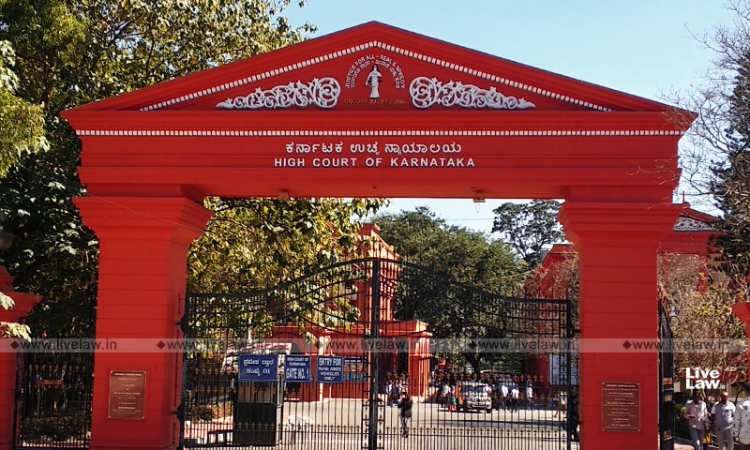Mere Possession Of Higher Educational Qualification Not A Reason To Hold That Wife Can Maintain Herself : Karnataka High Court
Mustafa Plumber
8 Feb 2021 8:12 PM IST

"A person being unable to maintain herself cannot be equated with her capacity to earn her livelihood. Though a person may be educationally well-qualified for any job or may be eligible to perform a particular job, but still she may be unable to maintain herself."
Next Story


